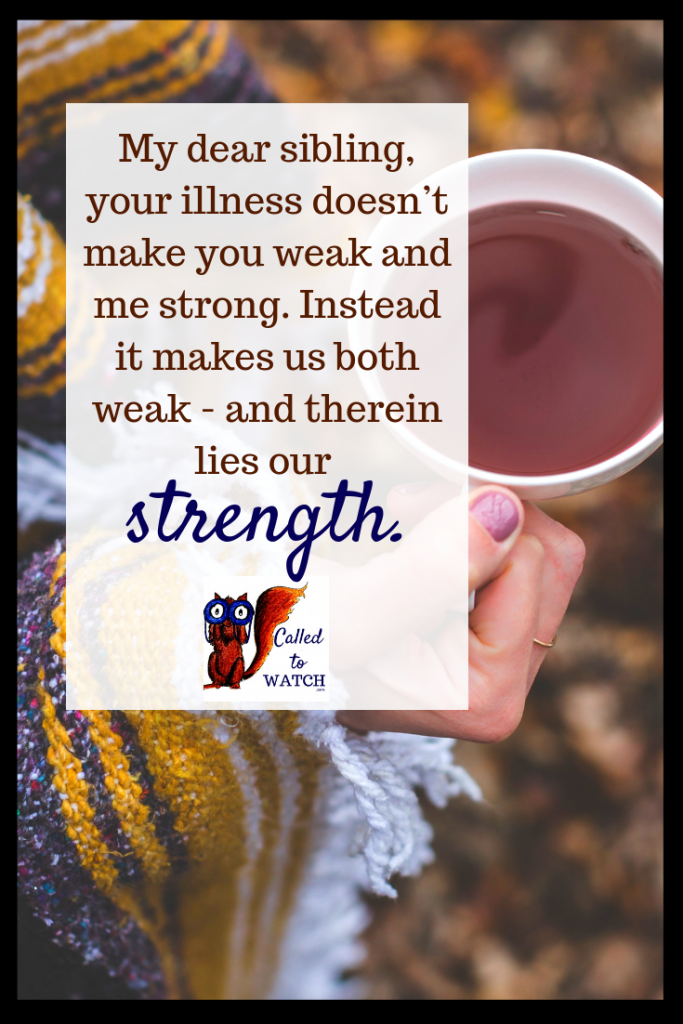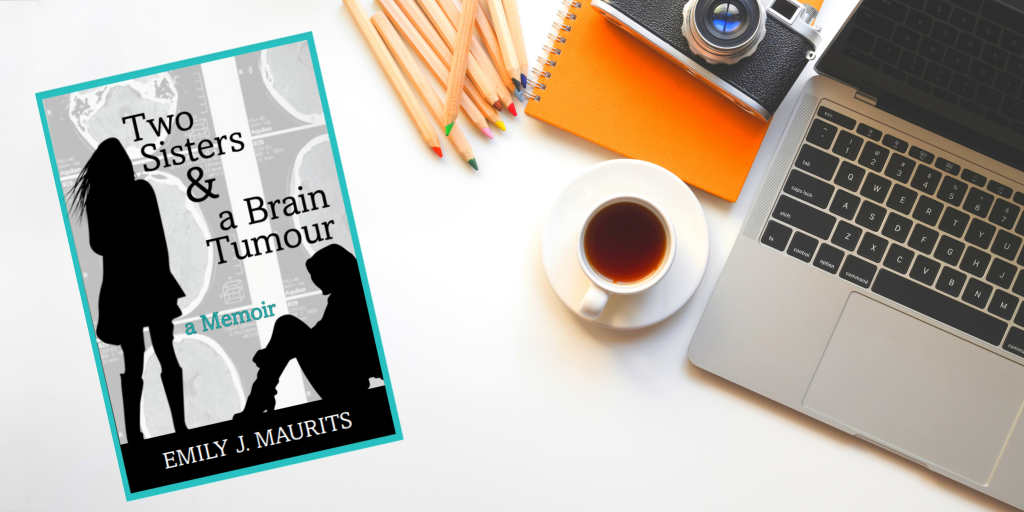What a year. For many of you (myself included!) 2021 was supposed to be the year where things got back on track. The year where the ‘new normal’ (which has been spoken about for so long!) finally appeared.
I don’t know about you, but for me that was not the case. Australia went into its strictest lock-down so far (just under 6 months). Study went back on-line; the exhausting debate surrounding the morality restrictions/vaccinations arose; most relationships were maintained by phone-calls or zoom.
The introverts and the extroverts suffered; the chronically ill and the healthy; the front-line workers and the home-schooling parents. And this was only Australia – which in many ways had a wonderful covid situation compared to the rest of the world.
In the midst of all of this, it was interesting to see which posts on this blog were most popular. So, without further ado, I will continue the tradition begun here.
Top 5 Posts of 2021
5: An open Letter to your Sick Sibling
Maybe readership on this one soared due to the publication of my memoir Two Sisters and a Brain Tumour. Or perhaps everyone else has found navigating a relationship in sickness and health as difficult as I have! If so, I hope this post helped and will continue to help us all.
4: How to Write a Get Well Soon Card
It felt like I wrote more letters and cards in lockdown than normally – I certainly posted more parcels (mostly copies of my two books!). I also noticed the impact of the pandemic on writing cards – everyone’s situation was so different, and our isolation far greater. Sometimes finding the words was just really hard – and it seems like you guys thought so too!
3: Sickness and the Bible
This is a perennial question – and one I’ve certainly struggled with over the years. What does the Bible say about chronic illness, does Jesus care, and where is God when everything is dark and awful? As I found out last year as I learnt the basics of Ancient Hebrew + Ancient Greek, God’s word is rich and varied and sometimes speaks in surprising ways, once we leave our assumptions at the door.

2: I think I hate my chronically ill family member
This post has possibly been the most contentious one on the blog – but I stand by my commitment to chronicling ALL aspects of life as a Watcher, even the unsavoury or ‘unChristian’ ones. It seems that in doing so, I’ve written something which continues to resonate with us all – and also continues to offer comfort.
1: 7 Reasons watching someone you love suffer is the WORST
Ta da! This post has been the most viewed post for a while now, and it was no surprise to find it at the top of the list when I checked the stats. The reality is, watching someone suffer is incredibly hard, and sometimes it’s hard to pinpoint exactly how and why, because it seems so obvious. Yet the more words we are able to find, the more encouragement we are able to give others, and the better we are able to pray.
5 year blog anniversary
So… here’s to 2022! This year marks the 5 year anniversary of this blog, and in response I’ll be posting a series of posts about ‘Watchers: In it for the Long Haul’. Chronic illness is often long and sometimes tedious and always exhausting. How do we, as Watchers, persevere? How do we look after ourselves, approach daily difficulties, and look to the future?
Stay tuned (sign up for updates!) as I seek to uncover some answers.
PS: Enjoyed the post above? Get the next one delivered straight to you! Sign up for email notifications
I’m also on Facebook, Pinterest, Instagram & Twitter! Meet me there for more interesting reads, resources and community.








